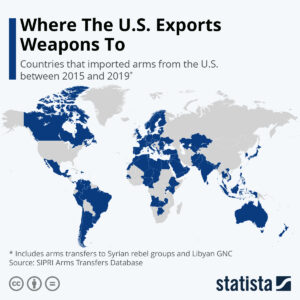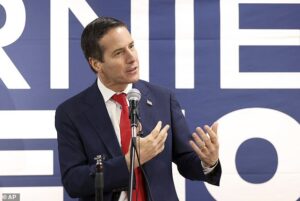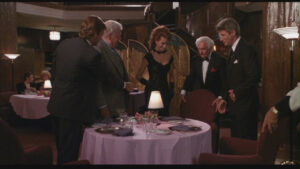If you want freedom then you’ll join me in supporting the abolition of times zones. Our eager politicians are once again attempting to impress us with their busy-body, do-nothing ideas, discussing whether or not to abolish Daylight Savings Time. Meanwhile, no one even considers what I think is the best solution to the problem. Coordinated Universal Time.
What is the nature of the problem in the first place? The earth is an oblate spheroid, despite what some few people seem to actually believe. It’s daylight in some places and night in others. How do we solve this problem? Let me explain.
Same Time Everywhere? Are you insane Tom?
It seems like a farcical idea at first glance. How can it be 9:00 a.m. in New York City and Los Angeles at the same time. In one it’s breakfast and the other lunch. The problem is our nomenclature using a.m. and p.m. and terms like noon and midnight.
Imagine it’s just 00:00 to 24:00. So, it’s 09:00 in New York and California at the same time. As long as we don’t imbue the time of day with the position of the sun in the sky, it makes no difference. People in those two places will soon come to associate 09:00 with breakfast or lunch. It doesn’t really make any difference how we number things, it’s just numbers.
Why is the Abolition of Time Zones Better?
It’s better for a couple of simple reasons. Coordinating activities of people across our country is much easier. You don’t need to calculate time changes anymore. If you’re flying, if you’re having an online meeting, if you’re planning a phone call; you just say what time it is and everyone is on the same page without any tricky calculations. Is Bob in Mountain Time? Does Sara work on the west coast? None of it matters anymore.
Even better, from my point of view, is the freedom this gives us. One of the main reasons we have Daylight Savings Time is that we don’t want people having to get up and go to school and work when it is still dark outside.
In this system it’s up to every individual community and business to make that decision. As winter begins to set in and the days get shorter; a school district or an individual business can change their starting time. Let’s move back the start day to 08:30 on October 15 and 09:00 on December 15. Basically, it gives us the most amount of flexibility.
An urban school district and a rural school district can make their own decisions and leave the government all the way out of their business.
Why is Abolition of Time Zones Worse?
It’s not a perfect solution, certainly. The moment the day changes will be a little strange. We will go from Monday to Tuesday at 00:00 but that won’t be in the middle of the night for everyone. Still, not a major issue from my perspective and one people will get used to quickly enough.
The biggest problem is coordinating activities on a local level with other communities. If one school district, or business, has pushed their day’s end to 16:00 while another is at 15:00 then activities involving both entities might overlap on school and work time. A baseball game between two such schools might start while the second school is still in session. Hardly insurmountable but admittedly a nuisance.
Conclusion
I think the benefits of local freedom over government control far outweigh the nuisances and it will put an end to all the politicians blithering on about how they know what’s best for all of us. They don’t. They can’t make a system that is best for every business, every school district. It’s impossible. Therefore, let us decide for ourselves.
Tom Liberman



















